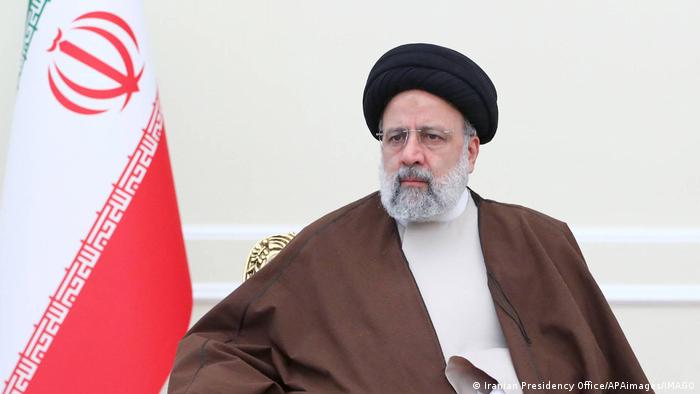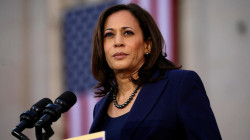Iran's President Raisi calls for immediate ceasefire in Gaza amid alleged U.S. obstruction

Shafaq News/ Iranian President Ebrahim Raisi voiced his support for an immediate ceasefire in Gaza while accusing the United States and certain European countries of hindering the process.
In an interview with Al Jazeera, Raisi stated that the "recent failure of the Zionist entity's attempt to invade Gaza marked a strategic setback." He condemned "the Zionist entity's actions," describing them as "crossing both humanitarian and military red lines, potentially prompting international action."
Raisi revealed that the United States had sent messages to the Axis of resistance, requesting them not to intervene while actively supporting the Zionist entity, a demand he deemed invalid.
He emphasized Iran's unwavering support for an immediate ceasefire, holding the United States and certain European nations responsible for obstructing peace efforts in Gaza. Raisi criticized U.S. calculations in the region, asserting that their goals in creating a new Middle East were misguided.
Regarding Iran's efforts, Raisi stated that Iran was providing extensive and diverse support to the Palestinians and the resistance, emphasizing that this support was not up for negotiation. He underscored the independence of the Palestinian resistance and its decision-making, asserting that it received no directives from Tehran.
Raisi concluded by affirming that "neither the Zionist entity nor American support possessed the capability to eradicate Palestinian resistance."
Tehran and Washington have been two of the most influential players in the Middle East for decades. Their rivalry has shaped the course of many regional conflicts, and their influence can be seen in nearly every country in the region.
Tehran's influence in the Middle East is primarily based on its ideology and its support for Shia armed and political groups. It has provided financial and military support to Shia groups in Iraq, Syria, Lebanon, and Yemen. Iran's support for these groups has helped them to gain political power and influence in their respective countries.
Washington's influence in the Middle East is based on its military power, economic clout, and close relationships with many Arab governments. The United States has a network of military bases in the region and provides billions of dollars in military and economic aid to its allies. The United States also has close security ties with Israel.





